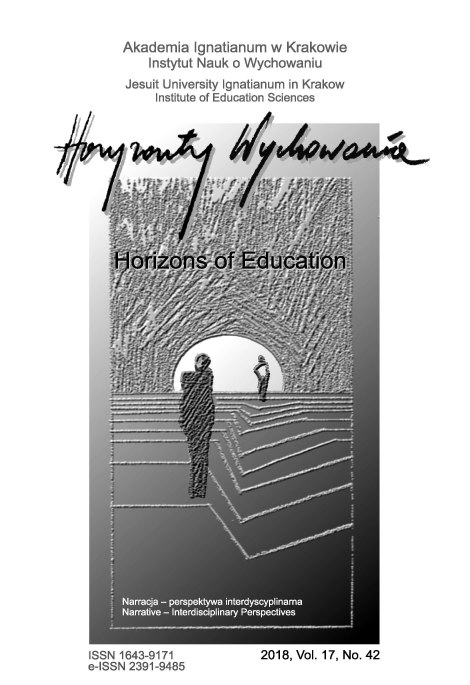Dreyfurzyści i ich społeczna narracja
The Dreyfusards and their Social Narrative
Author(s): Anna Teresa BudzanowskaSubject(s): Law, Constitution, Jurisprudence, Politics and Identity, Peace and Conflict Studies
Published by: Uniwersytet Ignatianum w Krakowie
Keywords: ideological narrative; political conflict; the dreyfus affair;
Summary/Abstract: RESEARCH OBJECTIVE: The objective of the article is to characterize the narrative of the Dreyfusards, one of the two opinion forming camps in France, which emerged as a result of the Dreyfus affair which is crucial for understanding not only changes which were the outcome of the scandal, but also the entire subsequent history of France. THE RESEARCH PROBLEM AND METHODS: The problem question are follows: what was the dynamics of polarization of social attitudes? What role did the main advocates of the Dreyfus case play? What public values constituted political identity which, following the scandal, brought new standards of the rule of law and political solutions which still remain in force? The tools used in the methodology of political science research, press studies were used. The course of the political dispute has been reconstructed on the basis of literature, source texts and references to the biographies. THE PROCESS OF ARGUMENTATION: The problem has been systematized as follows: the course and narrative of the media campaign which became an instrument of political struggle altering the course of the Dreyfus affair and bringing extreme polarization of the French society. Subsequently, in this context, the fundamental creative contribution of Emil Zola was presented, as well as the ideological heritage of the Dreyfusards. RESEARCH RESULTS: On the basis of the reconstruction of facts, it was found that the narrative of the Dreyfusards, whose most important spiritual leader was Emil Zola, led to turns in the Dreyfus affair because right wing parties were pushed to the margins of the political scene and the circles originating from the Dreyfusards introduced new constitutional standards of the Third Republic. CONCLUSIONS, INNOVATIONS, AND RECOMMENDATIONS: The Alfred Dreyfus case and its contemporary reception is a perfect model for characterizing mechanisms for creating political disputes based on ideological narrative formed as an interpretation and response to events constituting a constitutive founding myth.
Journal: Horyzonty Wychowania
- Issue Year: 17/2018
- Issue No: 42
- Page Range: 11-26
- Page Count: 16
- Language: Polish

